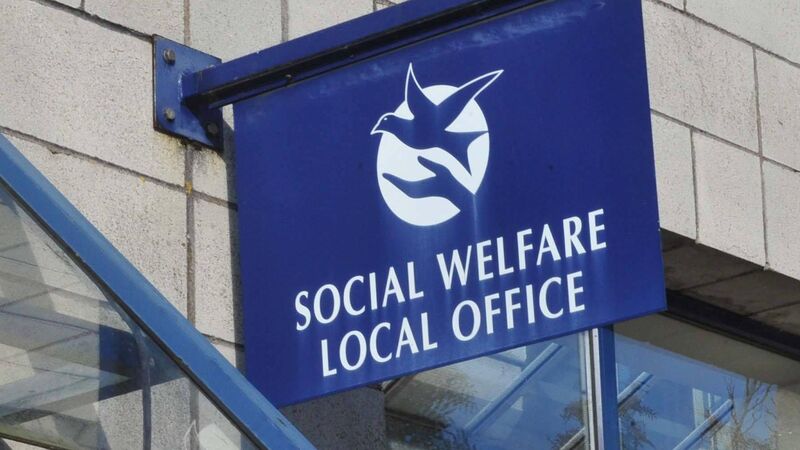Government 'cannot afford' recommended €15-€20 social welfare payment hikes

SVP said increases to household income must move ahead of inflation after social welfare rates were frozen for two years until the €5 increase in last year’s budget. Picture: Denis Minihane
The Government has rejected calls for a €15-€20 increase in social welfare payments to offset the cost-of-living crisis, claiming the Exchequer cannot afford it.
St Vincent de Paul said the increase in welfare payments is needed just to “keep people standing still” in the face of soaring inflation and spiralling costs.













